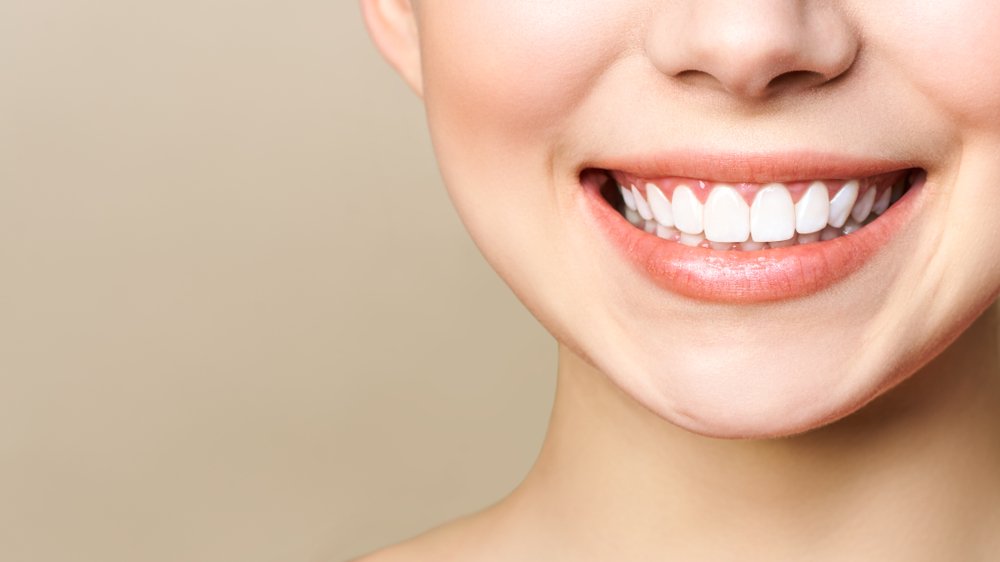A dental crown is tooth-shaped cap placed over a damaged tooth to restore size, shape, function, strength and appearance. The crown is cemented in place and completely covers the visible part of your tooth. Dental crowns are used where fillings and inlays are unable to fix the problem. Traditional dental crowns cover the entire tooth but a more conservative option is the 3/4 crown. The 3/4 crown is appropriate for patients who still have a solid tooth structure. The affected part is removed and the healthy tooth structure is reshaped to receive the crown. Here are some of the reasons you would need a dental crown.
Extensive tooth decay or damage
When it comes to management of tooth decay, there are several options. Fillings, Inlays and onlays are indicated for damage that is not severe. However, when the integrity of the tooth is in question and the damage is extensive, a dental crown is the best option. Dental crowns allow the dentist to completely remove the affected parts. A root canal may be performed if there is tooth decay, risk of infection or injury to the pulp. Once the affected tooth is prepared, impressions are made and taken to the dental lab to prepare the permanent crown. A temporary crown is fitted and a second appointment is booked. On the second visit, the permanent crown is cemented in place once fitting is done. Same-day dental crowns are also available. They follow the same design process as the traditional crown but relay on computer 3D modeling to speed up the process.

Dental crowns for tooth implants
Tooth implants are indicated for missing teeth. The implant is directly screwed into the jaw bone using a medical grade titanium screw. Once it’s in place, a crown is inserted over the implant to give the appearance and function of an actual tooth. Dental crowns can withstand the pressure yielded from biting into food. Moreover, the crowns are designed to last for years. Most crowns are either designed from metal, porcelain fused to metal, all resin, all porcelain, all ceramic or pressed ceramic. Each material has it’s pros and cons.
Dental aesthetics
Dental crowns are designed to look like real teeth. They are indicated for the management of severe tooth discoloration and chipped teeth. All-ceramic and all-porcelain crowns have the best colour match to actual teeth. They are also an excellent choice for patients with metal allergies. All- ceramic and all- porcelain crowns are used for front teeth as they maintain the aesthetics of a natural smile. Unfortunately, the crowns don’t perform as well as the other alternatives when it comes to durability. However, pressed ceramic coated with porcelain offers the same outcomes without the drawbacks.

Drntal crowns have few complications that may develope immediately after insertion or years later. Sensitivity and discomfort often occur immediately after insertion when anaesthesia wears off. Most dentists recommend using toothpastes designed for tooth sensitivity to alleviate the discomfort. The sensitivity often resolves but if it’s persistent, contact your dentist. Dental crowns can also chip after years of wear and tear. Small chips can be repaired but if the damage is extensive, replacement may be necessary. Although rare, some patients may get an anaphylactic reaction following insertion of dental crowns. Choose the appropriate material for your crown if you have allergies to metals or porcelain. Dental crowns can also fit loosely or fall off. If any complications arise after dental crown insertion, visit the dentist.
Dental crowns are a good solution for numerous dental problems. They perform exceptionally well on all fronts including aesthetics and functionality. If you have any indication for a dental crown, contact your dentist for evaluation.




